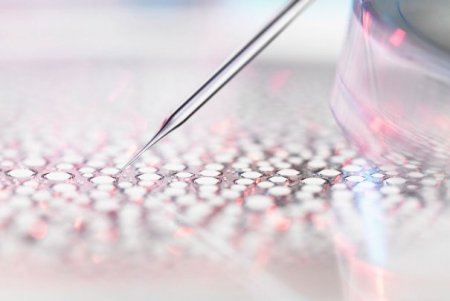Understand my skin
Understanding the connection between sensitive skin and premature skin ageing (inflamm'ageing)
Skin sensitivity can be aggravated by external factors like pollution, UV rays, sudden hot or cold temperatures, or unsuitable cosmetics. When skin is constantly sensitised by external stressors, this generates more oxidative stress, alters the skin barrier and leads to chronic inflammation. All of which weakens the skin’s defences. This raises an important question: does sensitive skin age faster? As well as irritating sensitive skin, chronic inflammation also leads to premature skin ageing – known as inflamm’ageing, ‘inflammation’ plus ‘ageing’ – and the appearance of wrinkles, fine lines, loss of radiance and dehydration.




